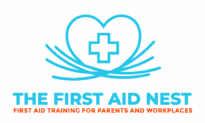Egg Allergy In Babies

For parents with children who suffer from egg allergies, everyday life can be especially challenging. From worrying about food ingredients to the potential for episodes of anaphylaxis, it is important to understand what causes egg allergy in babies and how best to manage it. In this blog post, we’ll explore the causes and symptoms of egg allergy in babies, as well as ways to identify and prevent it. We’ll also discuss the treatments available and provide tips on how to make sure your baby stays safe and healthy despite the allergy.
What causes egg allergy?
The simple answer is, we don’t know! It seems that some children are just unlucky and develop an allergy when weening onto solids.
There can be some warning signs, for example:
- Children with a family history
- Children with an existing peanut allergy
But it is important to know that it is nothing that you have done wrong, you can’t cause a child to develop an allergy.
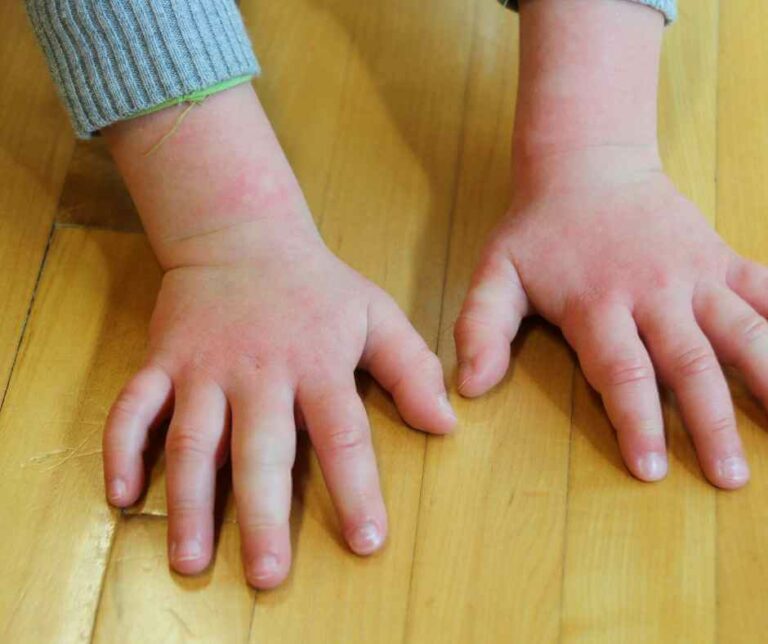
What are the symptoms of egg allergy in babies?
When it comes to food allergies in babies, egg allergy is one of the most common. In fact, egg allergy is the second most common food allergy in infants and young children, after cow’s milk.
Egg allergy can cause a range of symptoms, from mild to severe. The most common symptoms of egg allergy include:
Mild to moderate symptoms:
- Hives or welts
- Red, itchy skin
- Swollen lips, face or eyes
- Tingling in the mouth
- Abdominal pain, nausea or vomiting
Severe symptoms (anaphylaxis)
- Difficulty/noisy breathing
- swelling of the tongue
- swelling or tightness in the throat
- wheeze or persistent cough
- Hoarse voice or cry
- Pale and floppy
Symptoms of egg allergy can occur within minutes after eating eggs or come on more slowly over several hours. If your baby has any of these symptoms after eating eggs, call your GP or emergency services right away.
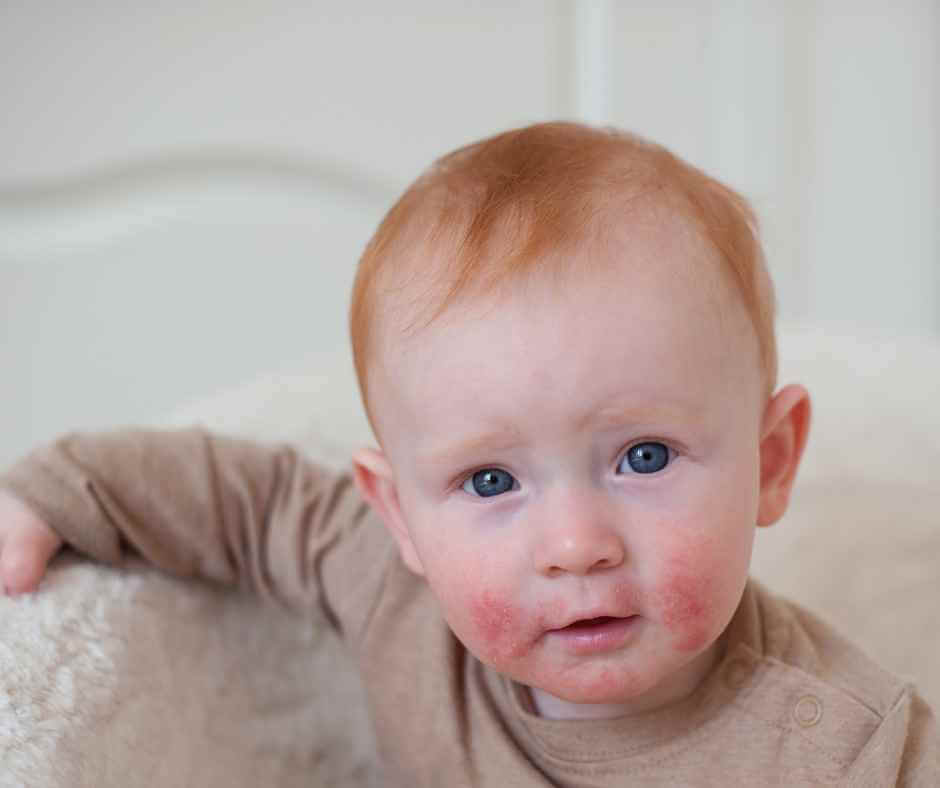
How common is egg allergy in babies?
Egg allergy is one of the most common food allergies in babies. It is estimated that 8% of infants are allergic to eggs. Most children outgrow their egg allergy by the time they are 5 years old, but some may continue to be allergic into adulthood.
Foods to avoid if your baby is allergic to egg
If your baby is allergic to eggs, there are a few foods you should avoid feeding them.
Eggs are often found in baked goods, so avoid giving your baby cakes, cookies, or other desserts that contain eggs.
You should also avoid giving them any food that contains egg whites, such as mayonnaise, meringue or marshmallows.
And finally, beware of processed foods that may contain eggs even if they’re not listed as an ingredient – many breads, pasta, and cereals are made with eggs. If you’re unsure whether a food contains egg, it’s always best to err on the side of caution and avoid it.

Will my baby grow out of their egg allergy?
It is common for babies to outgrow their egg allergy. In fact, studies have shown that up to 80% of children with an egg allergy will outgrow it by the time they are five years old. There are a few things you can do to help your baby through this process:
- Make sure they are getting enough protein in their diet from other sources such as meat, beans, and dairy.
- Talk to your immunologist about whether it is safe for your child to eat foods that contain cooked eggs such as muffins or pancakes.
- If your child does have a reaction to eggs, make sure you have an emergency plan in place in case of a severe reaction.
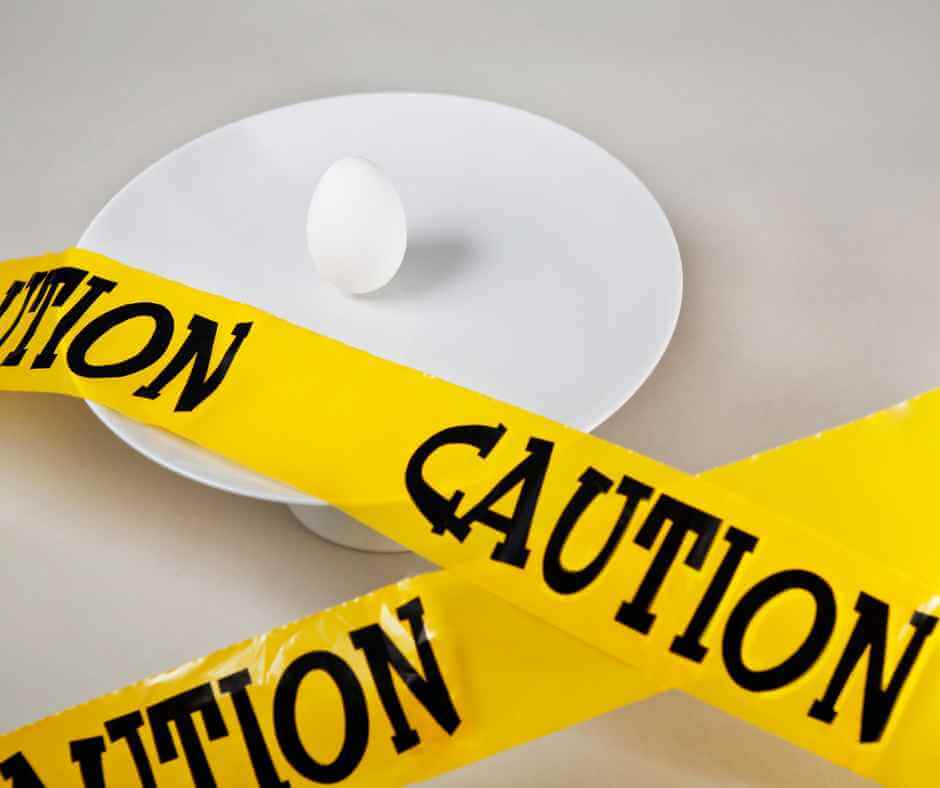
Does this mean they will be allergic to other foods?
When a baby is allergic to eggs, it means that its immune system overreacts to proteins found in eggs. This can happen when the baby eats eggs or comes into contact with them.
Some babies who are allergic to eggs will also be allergic to other foods, such as milk, peanuts, or soy. This is because these food allergies can potentially run in families. If your child is allergic to eggs, it’s important to avoid giving them any foods that contain eggs, such as cakes, cookies, and most types of pasta. You should also check food labels carefully for ingredients that may contain eggs.
Is there a link between peanut and egg allergy?
If your baby has an egg allergy, they may also be allergic to peanuts. Peanut and egg allergies are both common in infants and young children, and they often occur together. If your baby has a peanut or egg allergy, it’s important to avoid both of these foods. Talk to your doctor about what foods to avoid and how to keep your child safe.
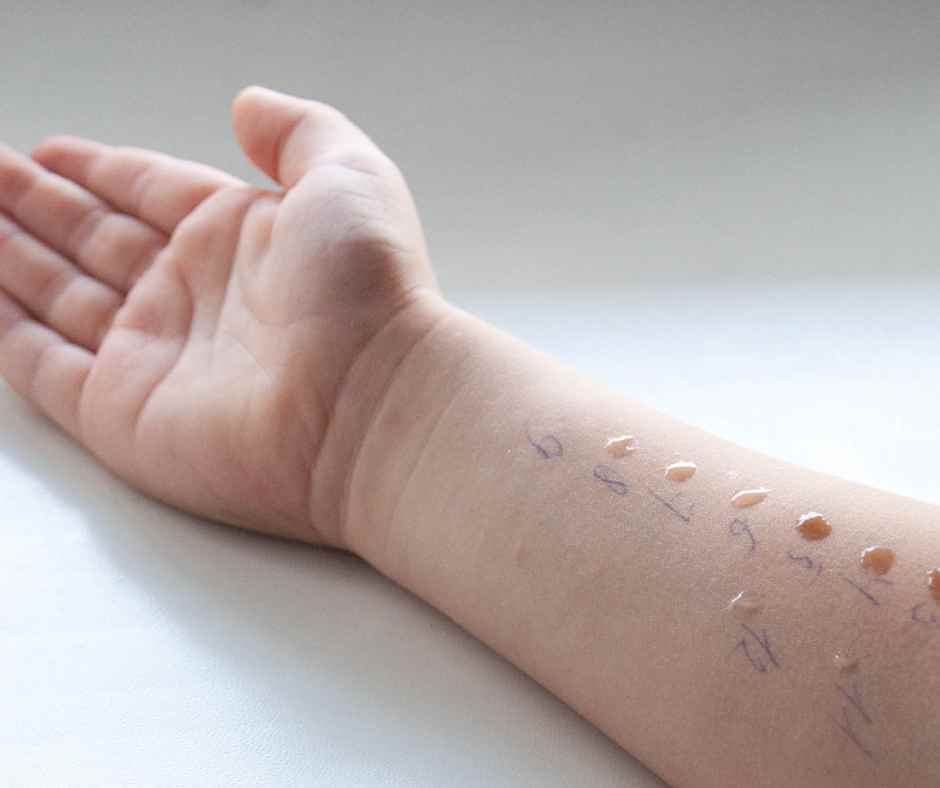
Can an egg allergy in babies be cured?
An egg allergy in babies is not usually something that can be cured, but it can be managed. There are a few things that you can do to help your child if they have an egg allergy. First, you will want to make sure that they avoid eating eggs. This may mean avoiding foods that contain eggs or that are cooked with eggs. You will also want to talk to their doctor about whether or not they need an adrenaline autoinjector and a red action plan.
What is the treatment for egg allergy?
There are two main medications we give when a child had an allergic reaction to eggs. We give antihistamine for the mild to moderate symptoms, but for symptoms of anaphylaxis, the child needs to be given Epinephrine (EpiPen) as soon as possible and follow the action plan if they have one. If you don’t have an Epipen or action plan, call an ambulance and monitor your child’s breathing.
If they stop breathing at any time, start CPR.
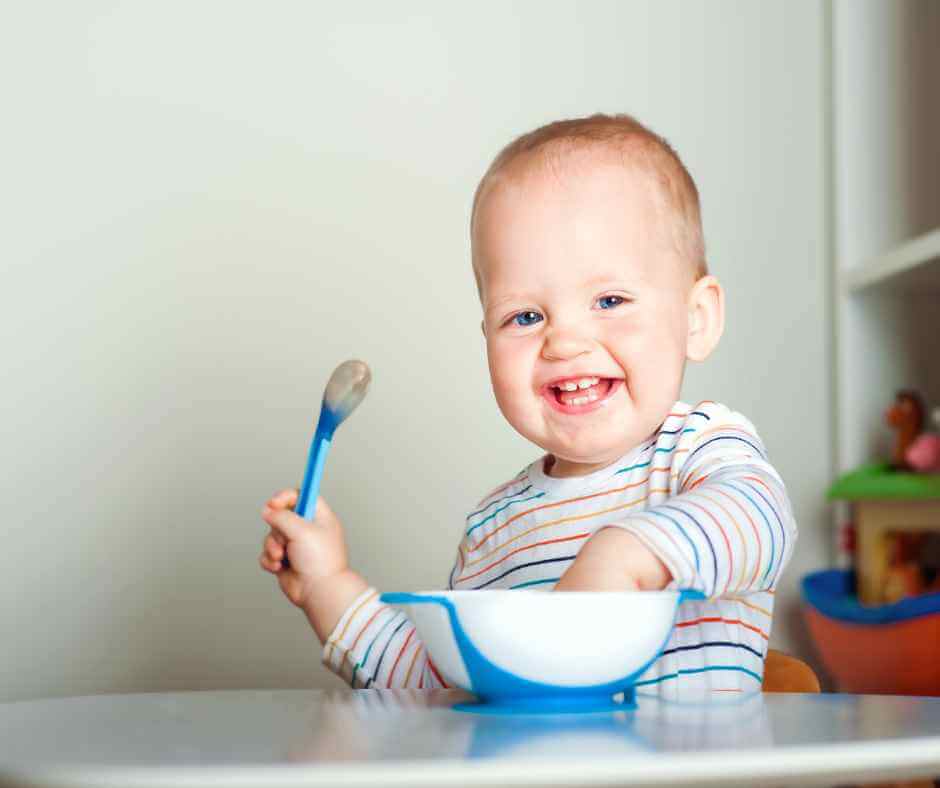
Can my baby have anaphylaxis with egg?
Yes, it is possible for your baby to have anaphylaxis with egg. If your baby has a severe egg allergy, even trace amounts of egg can cause anaphylaxis.
Symptoms of anaphylaxis can include difficulty breathing, swelling of the throat or tongue, hives, and dizziness. If you think your baby is having a severe allergic reaction, call an ambulance immediately.
Can my baby eat cakes?
Your baby may be able to eat cakes with egg baked into them if your immunologist has deemed this safe. There is less egg protein in baked goods, so the allergen is ‘weaker’.
There are also many recipes for egg-free cakes that you can easily find online or in cookbooks. Be sure to read the labels of any cake mix or frosting to check for the presence of eggs.
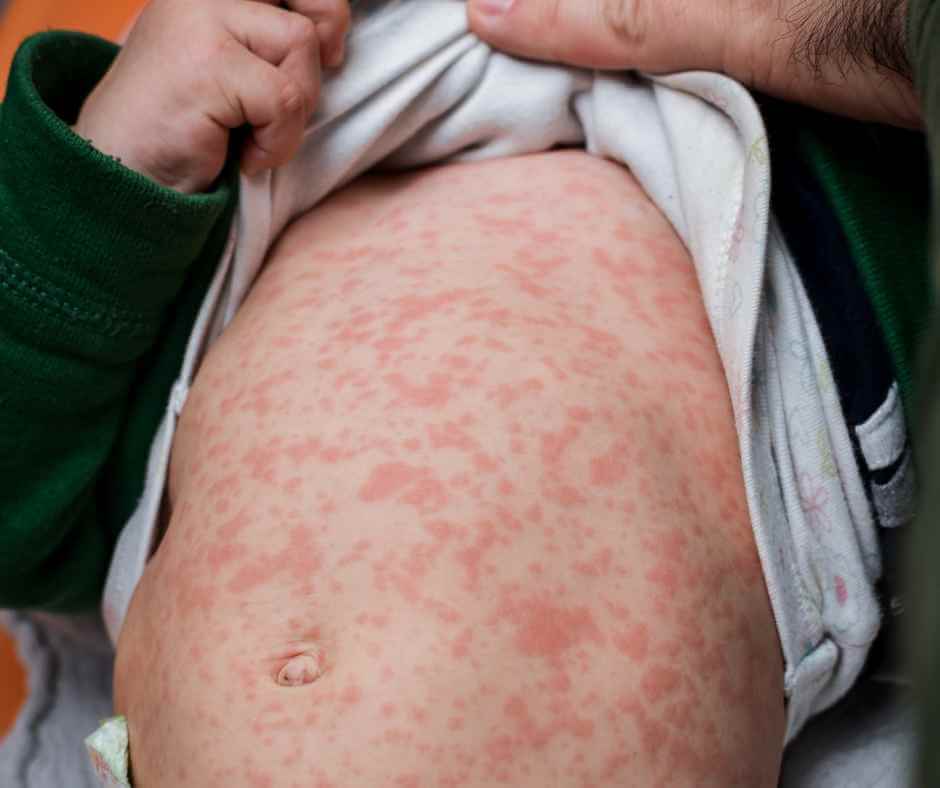
What is an egg challenge?
When your baby has an egg allergy, it means they are allergic to the protein found in eggs. This protein is found mostly in the whites but also in the yolks of eggs. An egg allergy is one of the most common allergies to outgrow.
Your immunologist may tell you that your child can have a hospital based food challenge. This is when you get admitted as a day patient and a nurse will give your child 5 doses of scrambled egg, starting with a tiny amount and building up to the total of a whole egg.
They will then watch your child for 1-2 hours to make sure they can tolerate it and send you home with instructions to keep the food in the diet.
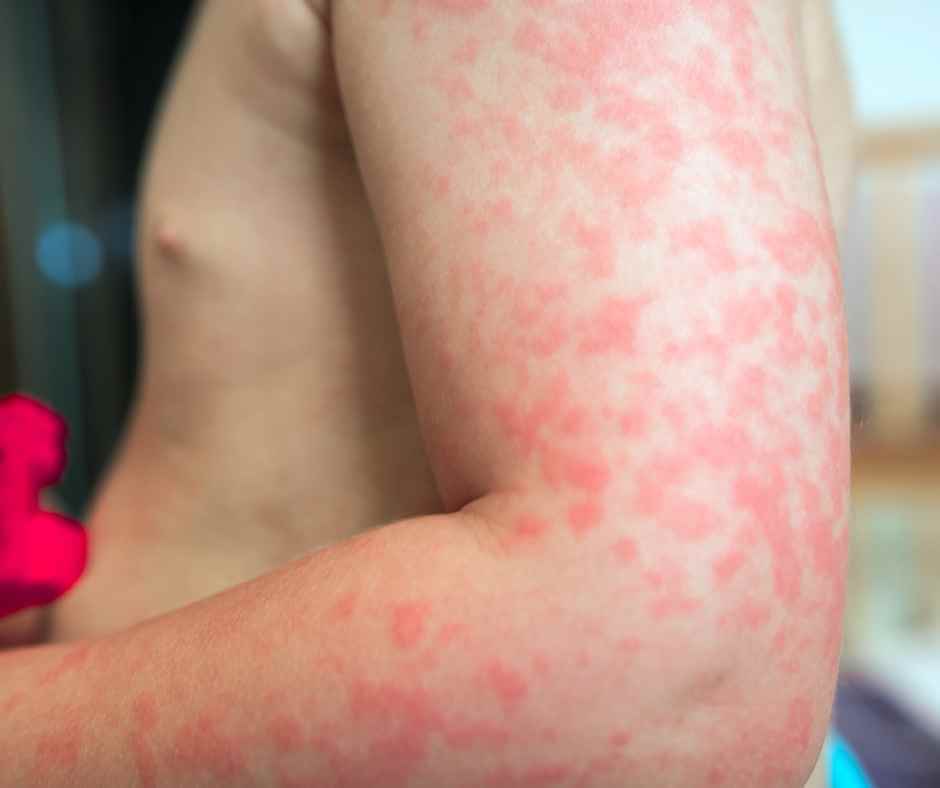
What is a baked egg challenge?
Some children with an egg allergy can eat baked goods but also cookies with eggs in. This is because the proteins in eggs are changed when they are heated.
A baked egg challenge is when a small amount of a baked egg muffin or biscuit is introduced over 4-5 doses. This helps to determine if the child has outgrown their allergy, or if they are still sensitive to eggs.
Does my baby need allergy testing?
If you think your baby may have an egg allergy, the first step is to talk to your paediatrician or paediatric immunologist. Allergy testing may be recommended if your baby has had a severe reaction to eggs, or if they have a family history of allergies.
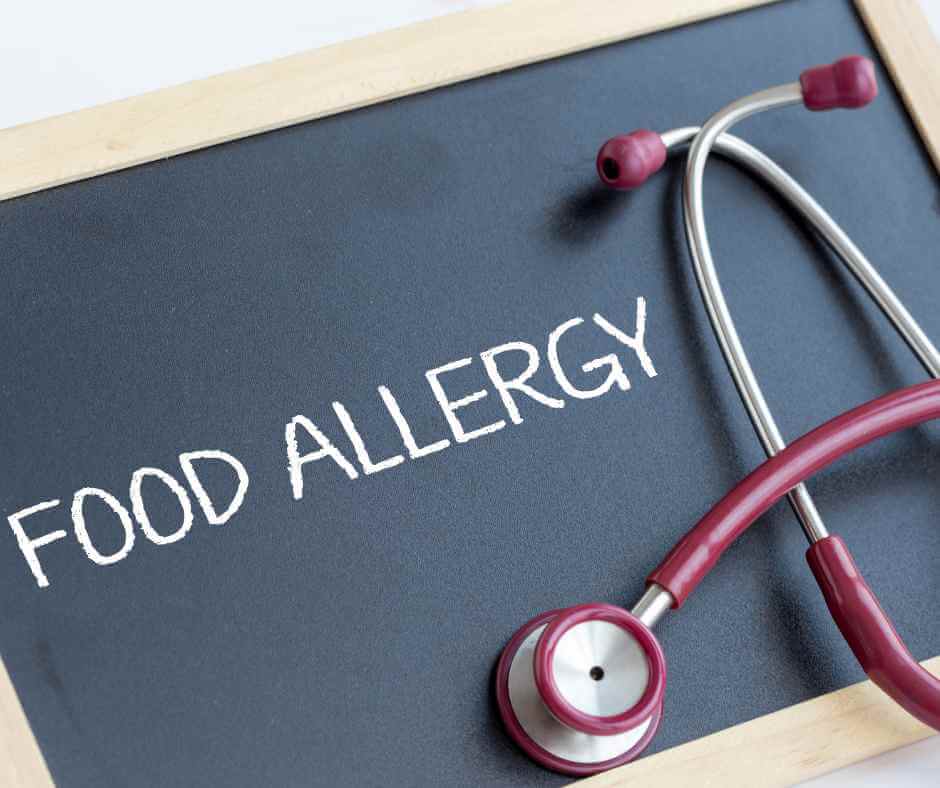
There are two types of allergy tests that can be used to diagnose an egg allergy: skin prick test and blood test. Skin prick tests are usually done first, as they are less invasive and more affordable. Blood tests are generally only done if the skin prick test is inconclusive or if the doctor deems it necessary, but SPT is the gold standard. The child’s history of reaction is an important piece in the puzzle to determine diagnosis too.
During a skin prick test, a small amount of egg allergen is placed on the skin, usually on the arm. A needle is then used to prick the skin’s surface, allowing the allergen to enter the body. If your child is allergic to eggs, they will typically develop a raised, itchy bump within 15 minutes.
Blood tests for egg allergies are when a blood sample is then taken and analyzed for IgE antibodies. If these antibodies are present, it can indicate that an allergy is present, but may not always reflect the actual extent of the sensitivity. A blood test should not be used to determine allergy on its own without SPT and a good history and examination.
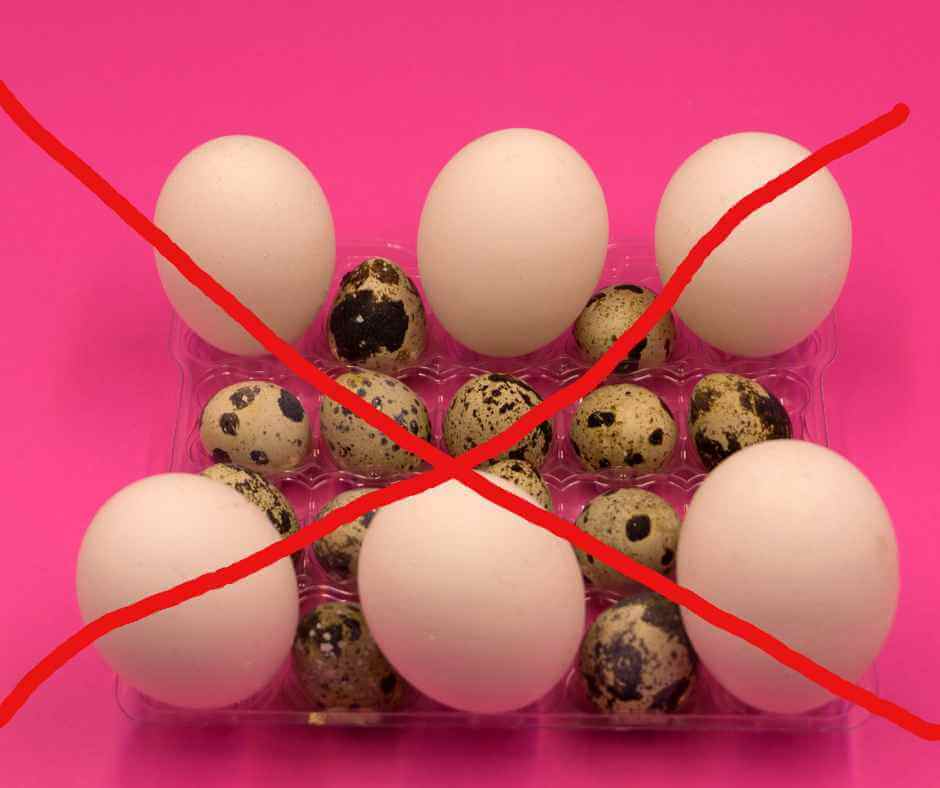
Here are some other resources you may enjoy!
FREE GUIDE: The Nest Quick Reference Reaction Kit.
Get instant access to the:



FREE GUIDE: The Nest Weaning Blueprint

Keep calm and organised with a simple tracker that takes the stress out of introducing new foods, no more “did we try peanut yet?” panic.

Know exactly what to do in those critical seconds, calm, clear steps that replace fear with confidence.

Learn which foods matter most and how to prepare them safely, without confusing advice or second-guessing yourself.
Our Nest Food Allergy Membership!
Daily support for mums of babies with food allergy, to guide you in those times between appointments, from a paeds allergy nurse who actually gets it. Online modules & intensive support inside our FB group.
The Nest Feeding & Weaning Membership
Weaning, choking and allergy help in 10-minute chunks, for mums who don’t have time to take another big course. Online modules & daily intensive support inside our FB group.
Follow for baby & child first aid and allergy info and tips on Instagram & TikTok, all @thenestcpr
